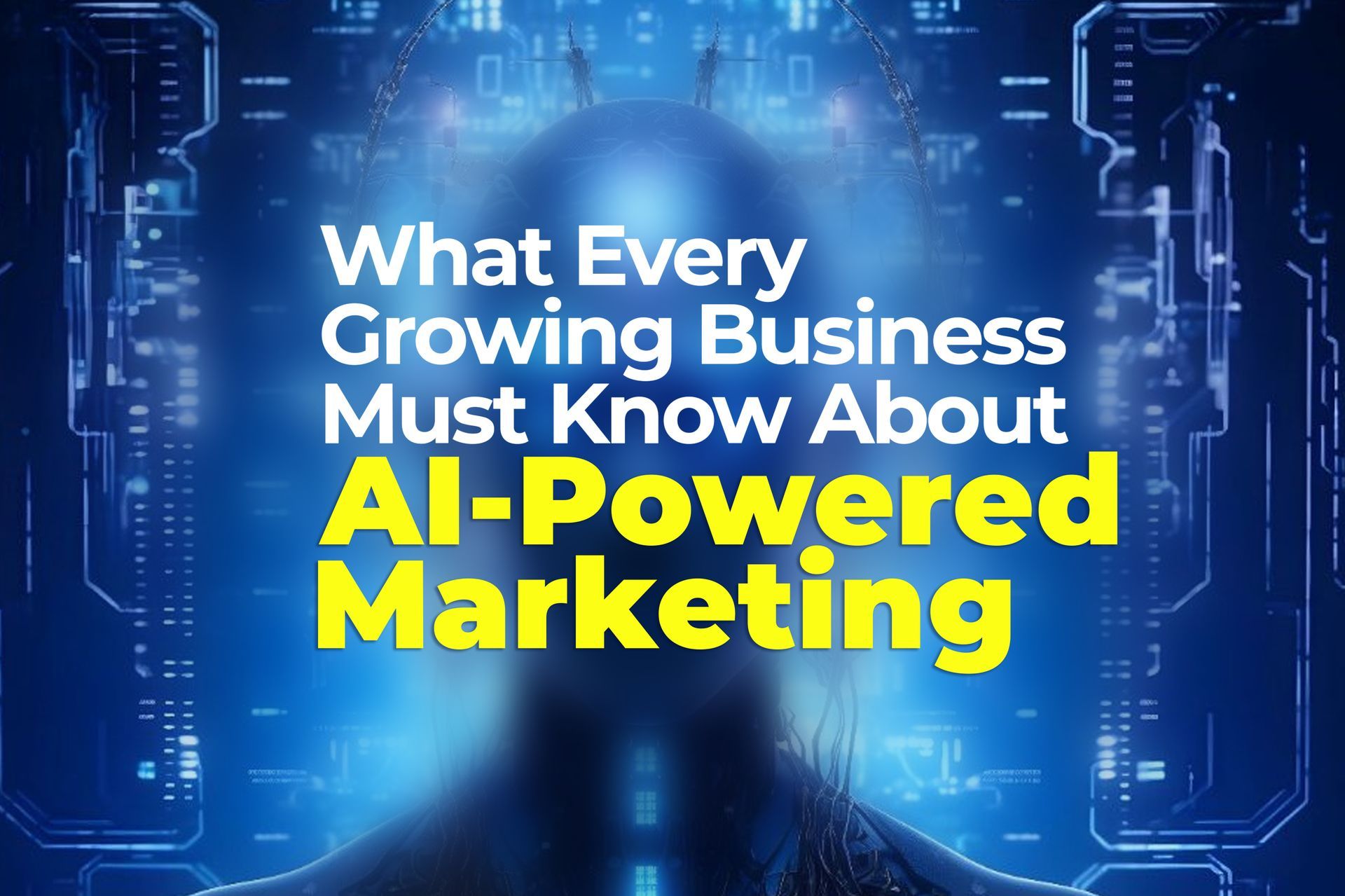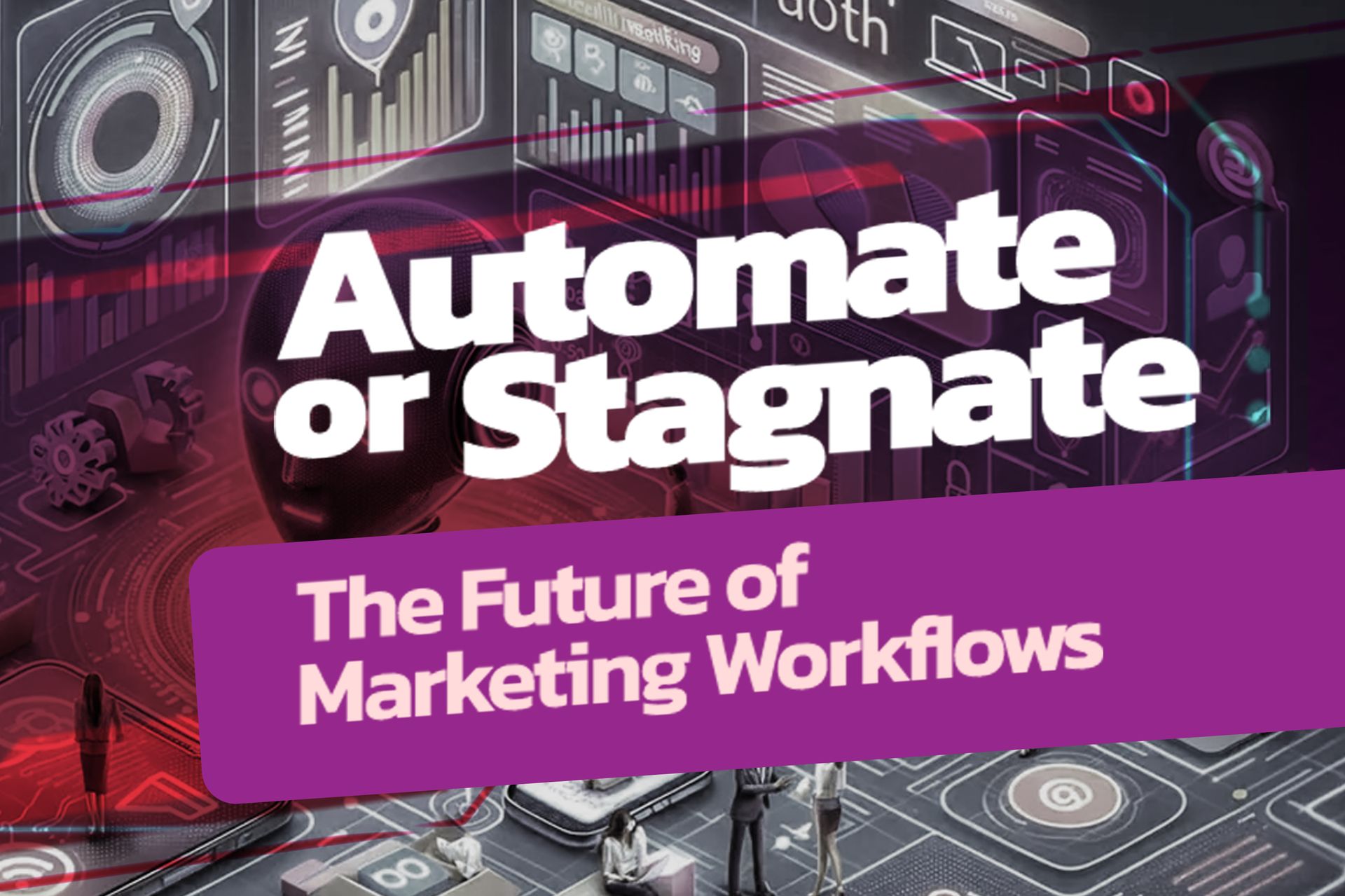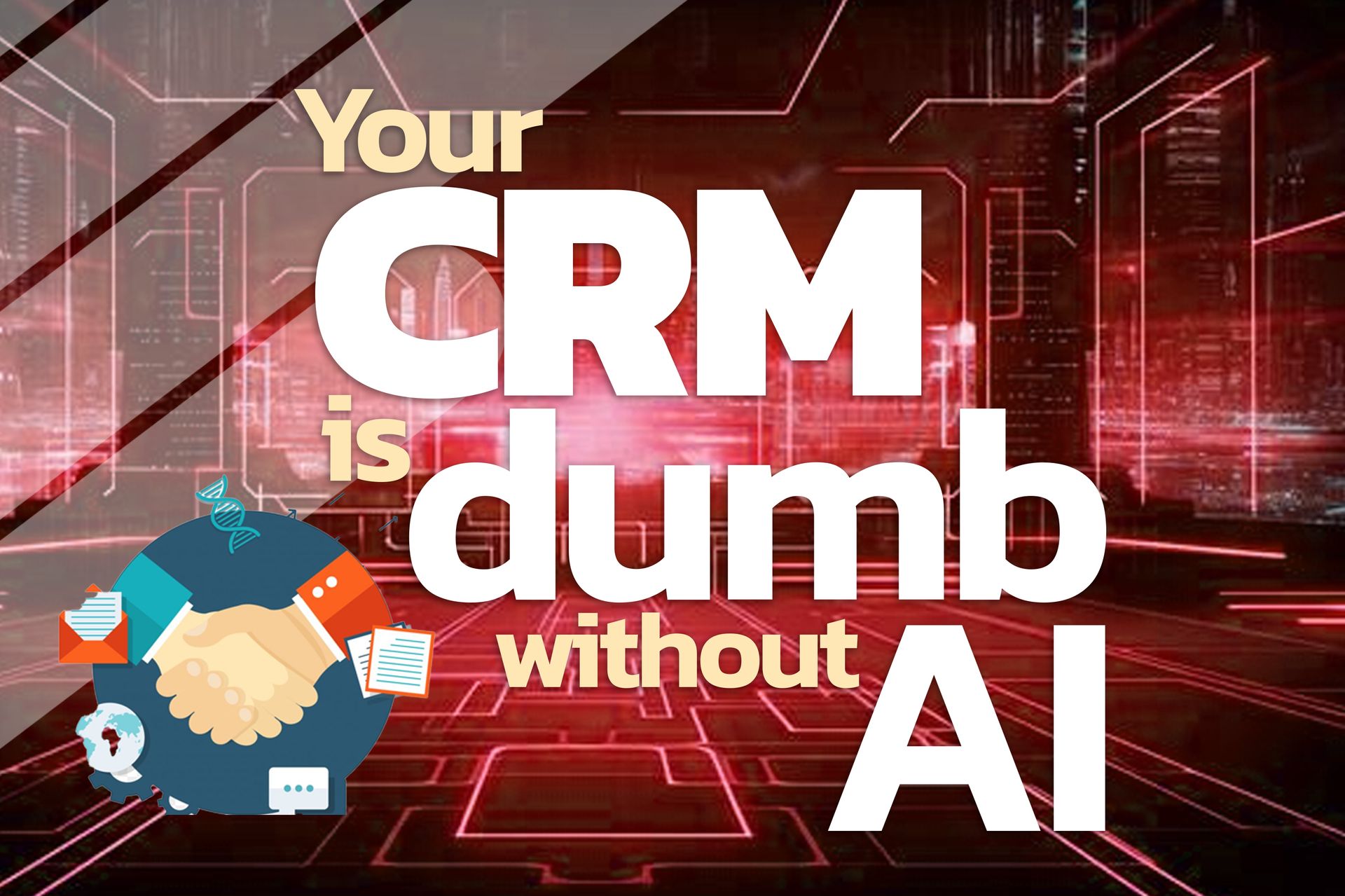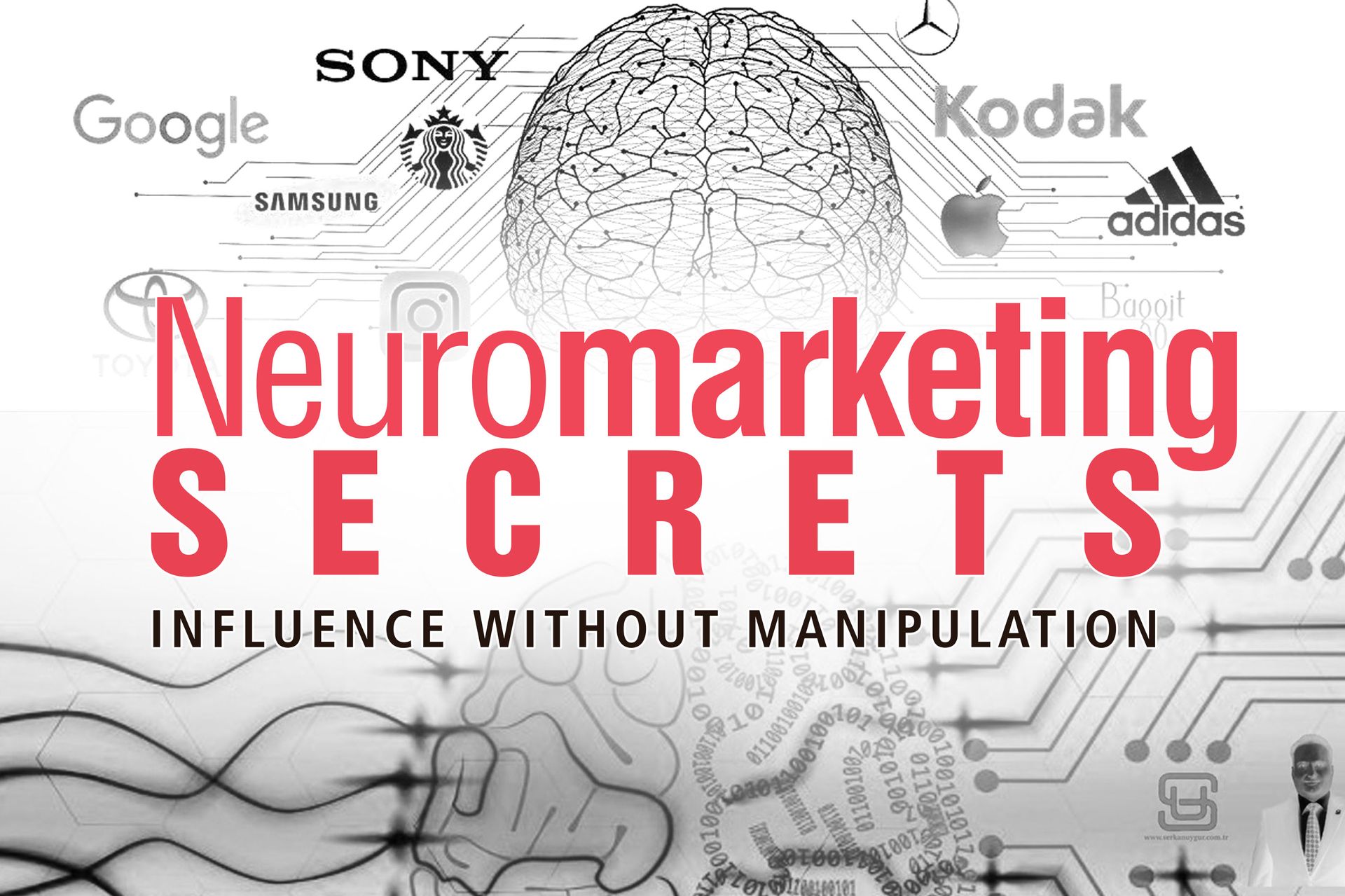Amazing Shift to Growth Mindset
Zack Greenfield • April 20, 2021
Today I want to share with you something that I guarantee if you listen to this video and you apply what I'm about to talk about, you will get results, new results, better results. So stick with me and we're going to unpack this whole approach that's going to change the way you feel and what you do.
So today I am sharing with you something that is going to improve your disposition, your mindset about the way that you're promoting your business and maybe even your business and life in general. So I'm going to start by telling you a little story and I could add limit, but I'm actually going to read because I want to get the first part accurate.
And you may have heard this, but we're going to tie this story to marketing. And I'm going to share with you some real life stories about how this has worked. So the story is about cycling and it turns out there's this British PHG former professional cyclist. His name is sir David Brailsford. He was ahead of British cycling in 2002. And the team had almost no record of success when he came on board. Okay. So they had, I mean, this is pathetic in Olympic cycling. They hadn't won a single gold medal in 76 years. That's like three generations. Okay. However, he quickly was able to change that. And here's how at the 2008 Beijing Olympics. Okay. So just in the span of like, you know, a couple of years there, his squad, his cycling squad won seven out of the 10 available gold medals in track type cycling.
That's where they go around the track. And then they match that achievement at the London Olympics just four years later. Right? So it wasn't a one, wasn't a lightning strike. We talked about that on this other video. So this is not about lightning strikes. This is about consistent results. Okay. So sir, Dave now Lee's, Britain's, you know, first [inaudible] professional cycling team and they had one, three of the four of three or four tour de France events. Okay. So, so the speak for themselves now, how did he do it? Is, is the question, right? That's the cliffhanger here for this video? Well, this guy is actually an MBA and a cyclist and he was right. Really interesting, interested in the theory of marginal gains. Right. So this is something that actually comes from Japan as known as Kaizen.
And it's a Japanese word, meaning roughly continuous improvement. Okay. So, and more specifically applied to business, it means continuous improvement involving everyone managers and workers, uh, like, okay. So you'll, you'll see, I'm gonna tie that to our marketing efforts, but I want to continue a certain Dave for a second here. Okay. So sir, Dave was interested in studied marginal gains and the theory of Kaizen, he applied Kaizen and this notion that incremental improves movements across all of the elements that re that went into being competitive cyclist. If they could just lift everything 1% that the cumulative, you know, the ads value of all of these improvements would result in dramatic improvement for the team and guess what he was right. And I already told you that part, cause he went out to clean up on the tour, de France and clean up at the Olympics and basically changed the entire sport of cycling.
Now, let me tell you about how crazy some of the stuff is that he did, because I did read all of this and this is where I get to kind of ad-lib and tell you you the cool stuff. So they found that there was dirt in the vans. So guess what they did cleaned them and they painted them all white. And you don't why, because they found that even the smallest amount of dirt, getting into the bicycles drive chain and moving parts and all that actually affected performance, they also did paint the vans, white, clean them up. They also found that in the tour de France, which by the way tour, he went to, they kind of got walloped because it was very different than the controlled environment of the Olympics. Because you got to go from city to city, to city, to city, the tourist along like 20 day plus event.
And there's a lot more variables to manage. So they needed to adapt to that. One of the variables that they needed to adapt to was that the athletes were staying in like 20 minutes we're in hotels. So one of the things that we're not getting was consistent sleep. So they came up with this idea that each athlete would bring their own mattress and their own pillows that were the ones that they liked that gave them consistent, good sleep. And all of that was going to get put into a van and brought to every single hotel during the entire race. So that meant that the sleep issue again, was improved across the entire race, by some fractional amount, right? They were sleeping on their own pillows and their own beds. The vans were painted white and all of these little incremental improvements were made. And of course, then they went on to win.
So let's tie that to marketing. And this ties back to the, to the lightning strike conversation, right? If you look, and this is where many local businesses fail that, and it's not, it's not a criticism of you or anyone or me, it's, it's a criticism of kind of our environment and what's being sold to us. And the perceptions that we have that's, what's hurting us. It's not necessarily something that internal. So we think as business owners, oftentimes that we need to do an and an ad campaign, a marketing campaign, a one thing, a this thing, a that thing. And when we do that, we're like we're marketing, we're promoting our business. And when that one thing doesn't work or bring us dramatic returns and, and improvements, then we get frustrated and we retrack and we label that a failure. So great example of that, that I see.
Kay, time and time again with, with our clients is email marketing clients hate writing emails. I mean, I don't know. Some people love it, writers love it. Maybe I don't mind it. And I definitely, you know, grow and get into it and I can get my head where I'm going to do it and it's fine. But there are, you know, I mean, we work with tons of people. They're just like, ah, I don't want to write anything. Okay. And, and so they might've tried it in the past and, and felt like it was a waste of time or they can't get the subject lines, right. All that stuff. But email marketing is a really important part of being present with your clients and prospects and leads. And it's still one of the most powerful, if not the most powerful way to connect with potential customers.
So if you do an email and it doesn't give you you any sales or whatever, and then you just label that higher thing as, then you basically abandon this principle, which has proven to be successful, not just here in athletics. This is where it started. But also this has been applied to business and, and, and corporate behavior and all sorts of stuff. And there's some cool things in here too, that I want to talk about that have to do with team and culture. But the point being is that it's not that one thing, and there's no reason to quit. That one thing, the approach was wrong. When you go to you market your business, I don't want you to think one thing, I want you to think pillars of strength, right? And so, or like a stool, right? That's the other way to express this as like a stool needs to have at least three legs, otherwise it falls over.
So your business needs to have three legs, which means that you can play this 1% game. If you have three or four or five things going. So you're putting out a blog, you're got some pay-per-click ads or some paid advertising. You have some emails that are going out every week or every three or five days or something. Right. And you have a great website with some sales pages, right. And you're posting on social media. So you got like four or five or three or five. Thanks. That's great. Now, is there any one of those going to be the thing that makes your business go, boom, maybe, but probably not, but you know, what will make your business go? Boom, getting a little better at each one of them, right? So this is that 1% approach. This is Kaizen, it's continuous improvement in many areas that if you can take Sur Dave's approach to your marketing and frankly, maybe approach to your life and your business.
And instead of trying to do one super effort that you might just get slammed on and then retract and label everything yourself included as a failure, do little things all over. Push a little bit here, a little bit here, a little bit here, a little bit here. And there's two things that are going to happen for you on that one. The accumulation of all those efforts is going to be awesome. And to, I mean, I mean, I'm here to tell you, cause I know we've taken this approach. It works. Okay. The, the, the, the other thing that's even more important than the results that you might get in the money that you you might make from that is that from a mindset standpoint, you're going to be a healthy individual because you're not going to be counting on one bet. So you're going to sleep better at night.
You're going to have more irons in the fire. Your business is going to be more stable and predictable. You're literally going to be at peace by working in a lot of different areas at 1%, manage your staff and get more out of your staff every day. 1% there do a little better with advertising. Get 1% there, do a little better with your, if you have a physical business, do a little there, right? Work a little bit with the chamber of commerce, that's a little, they're a little more outreach, you know, anywhere that you can see that you can put another peg on the board, do that. And in a quarter, two quarters or a year, you will suddenly have this big, amazing thing. And your business will have grown in the way that you were hoping for. And you will have enjoyed the process instead of taking one single bat, getting frustrated, hiding in a hole for seven weeks, and then trying to take another shot that may or may not fail.
So go Kaizen on this situation, be in a process of continuous improvement and take a page out of sir Dave's book and go for 1% across as many elements in your business that you can improve and work on each one a little bit every week and get better at each one a little bit every week. And before you know it, you're going to have not just amazing marketing. You're going to have an amazing business in general. So I would love to have you like this video, if this inspired you and gave you a new perspective on how to approach marketing and business in general. And of course I'd love to have you as a subscriber. And I certainly want you to stick with me because I'm next one, we're going to take this and go a little deeper and, and how it really can be spread across specifically. Some things that we work on in internet marketing. I look forward to seeing any of that.





















